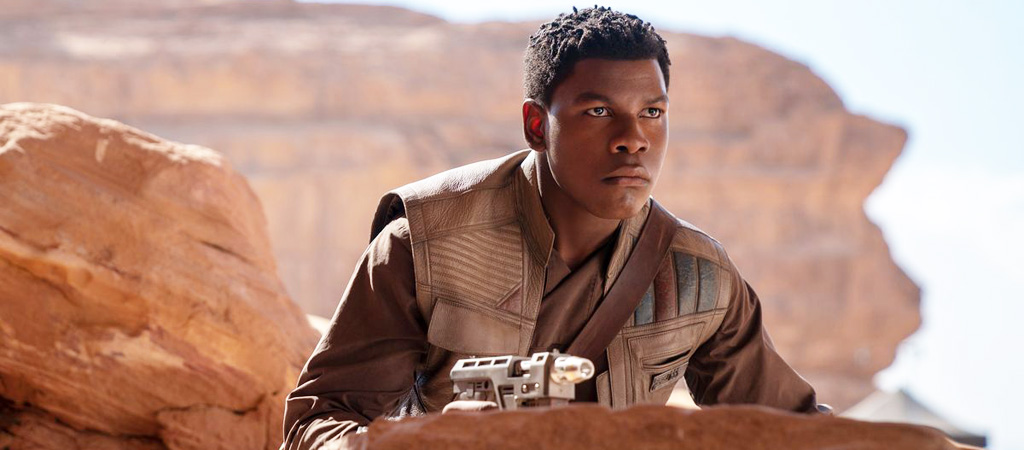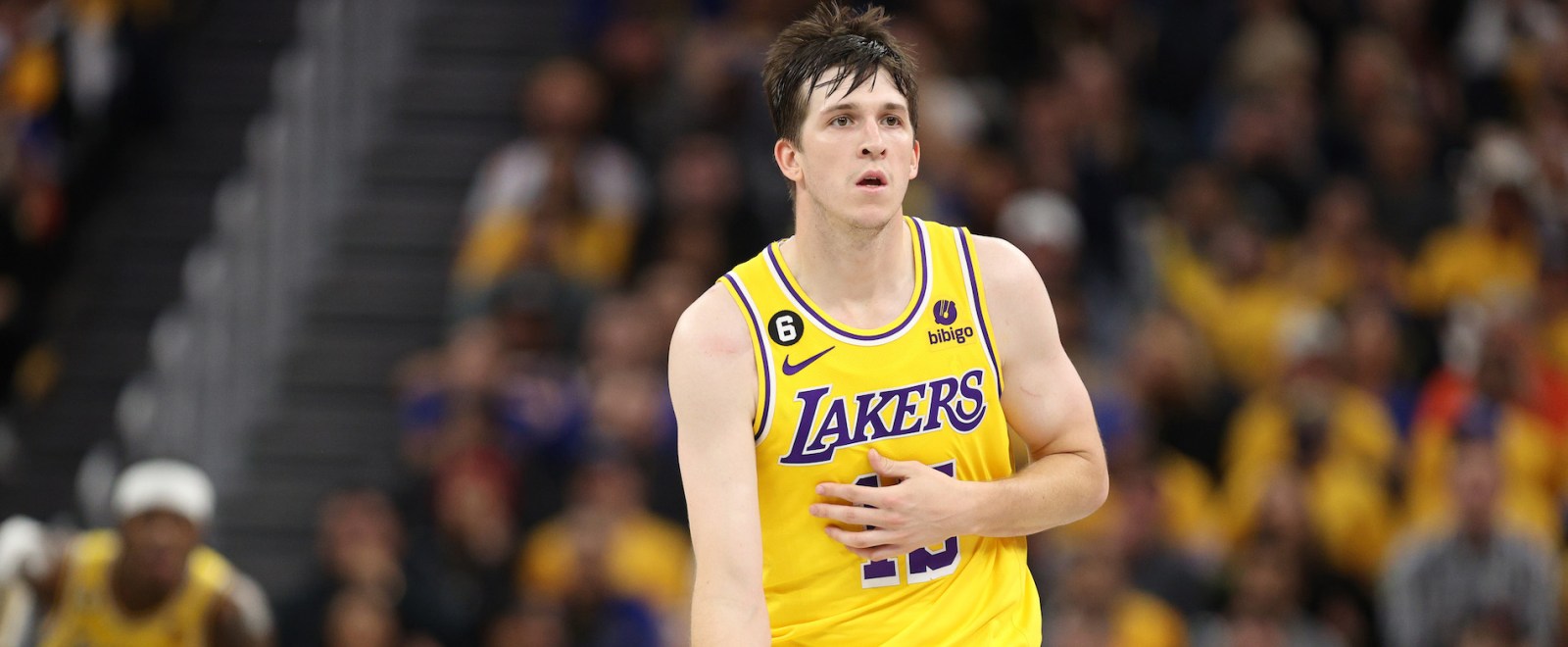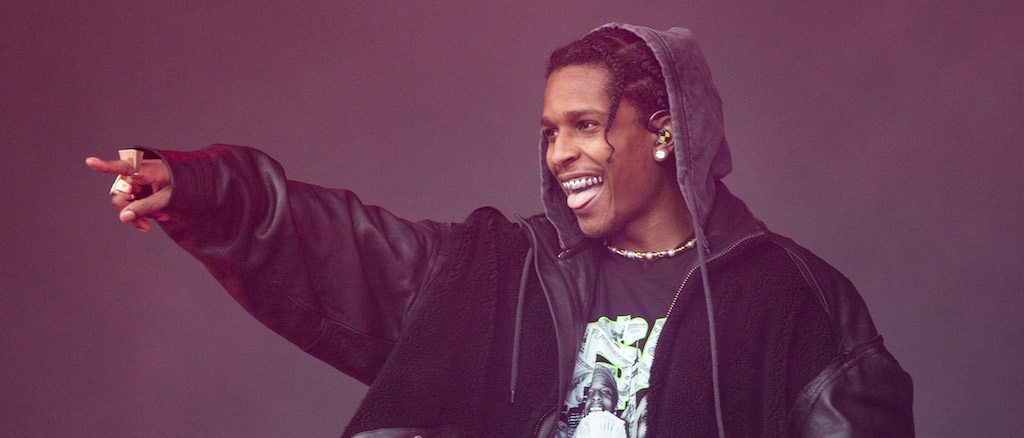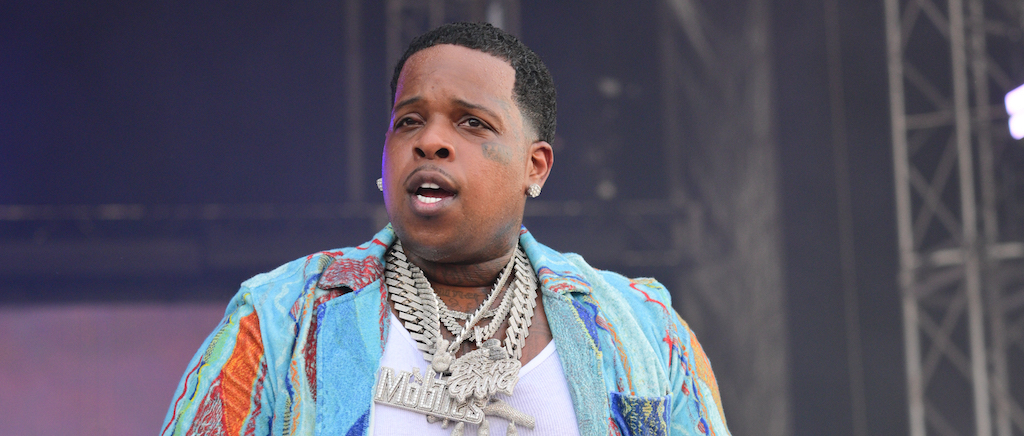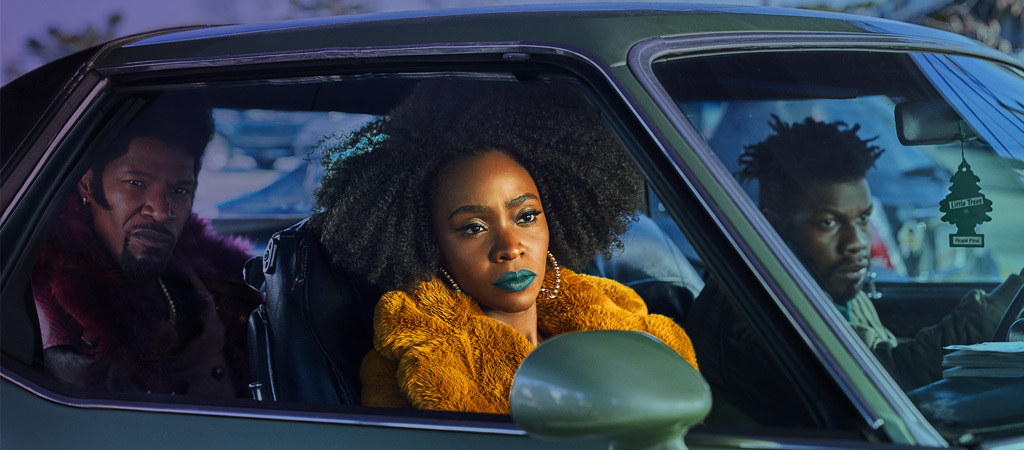In Netflix’s absurdist sci-fi comedy, They Cloned Tyrone, Teyonah Parris may not sport spandex or a cape, but she still saves the day. Her character, a wise-cracking, street-smart sex worker named Yo-Yo, is the film’s low-key hero – a woman with dreams and ambitions that never outweigh her need to help her community. In that, she’s a bit of a foil to her co-stars Jamie Foxx and John Boyega. As the charismatic pimp Slick Charles, Foxx is only out for himself. And, as the stoic, brooding drug dealer Fontaine, Boyega is too weighed down by past demons to be of use to anyone, let alone his neighbors in the Glen who find themselves on the wrong end of a government conspiracy. Someone’s been tweaking the recipes of the fried chicken, the grape drink, and the hair relaxer in a wild plot to suppress an unsuspecting Black community and, as usual, it’s up to a Black woman to figure out why.
Parris wholeheartedly embraces the role of reluctant amateur sleuth in the film, solving sinister riddles and breaking into underground bunkers with the kind of bravado you’d expect from an actor set to star in one of the year’s most anticipated superhero team-ups. But no matter how capable Yo-Yo is, she’s dosed with just enough pragmatism to recognize the ridiculousness of her situation – that investigating clones and government suits and secret laboratories never goes well for women like her. She’s a superhero, but she’s not stupid.
Uproxx chatted with Parris prior to the start of the SAG/AFTRA strike about fighting for her spot in the film, keeping up with the comedy of Jamie Foxx, and how her biggest role – motherhood – is beginning to change her career on-screen.
There are so many fun pop culture references in this film but the theme of Yo-Yo being this Black Nancy Drew type comes up the most. Is that how director Juel Taylor pitched the character to you when he called?
Juel didn’t call me. I just hunted him down after I read that script. I kind of stalked him, like, ‘I’m going to be a part of this movie whether you realize it or not.’ But he was great and that was always in the script, and that’s a part of why I wanted to be in this film — just how smart it is, how funny it is. Throwing up all these different genres and creating our own world was a really fun challenge.
Jamie Foxx is a naturally gifted comedian. As his scene partner, how do you keep up with him?
Slick Charles and Yo-Yo are such a dynamic duo. They’re a pair of sorts. So when I found out I was going to be working with Jamie, I was like, ‘What world am I living in?’ The first scene I filmed was the first scene you see us in, and Yo-Yo carries that scene, so I was sweating bullets. Man, I was so nervous, almost debilitatingly so, because I’m in my head like, ‘Oh, my gosh. It’s Jamie Foxx. What am I going to do?’ I got to say all of these words, and I’m trying to stay present in what Yo-Yo is doing, but I’m also like, ‘This is cool. Focus. Focus.’ So many things are happening at once, but Jamie definitely put me at ease just being an open and generous artist and just an open, generous human in general.
He’s also a master improviser. Did you feel like you had to step up your game to keep pace in some of your scenes together?
I did, and I think I did very well. And the times when I was like, ‘Girl, you are not doing well. Ask for help,’ I asked him for help, and he gave me some jokes to crack on him, so Yo-Yo could crack on his character, Slick Charles. He gave me some jokes to say. Who does that? You know what I mean?
So much of They Cloned Tyrone is just surreal dark comedy but when you boil it down, it’s about people in power abusing those without it. Do you think the central conspiracy of the movie is that implausible?
Personally, I feel like conspiracies, there’s always a little truth in them. I don’t know, but it’s possible it could be real, so I leave space for that now. I am not going to do like Yo-Yo and go hunt this down. I’m going to mind my business. But bless those like Yo-Yo who will put herself up front and dive deep into this mystery and all those things. But if I saw a clone, child, I’m out of here. I’m not going to go to the basement. I’m going to walk outside. I’m going to turn around. I don’t want to see what’s in this basement, or this truck, or this house.
There’s an art to leaning into stereotypes just enough to bust them later. How did you approach that with Yo-Yo?
It was important to me that while we have these stereotypes of these characters, that they’re eventually fleshed out and you understand that they are full-fledged humans with… Well, in this movie it’s hard to say humans. Some might be. They’re something … fully fleshed beings who have hopes, dreams, desires, and the like. But it’s a satire as well. So, you have to lean into the stereotype and the silliness in order to eventually have that payoff when everything drops in and you realize what’s actually happening and who these people are. You have judged them based on a stereotype or on a very surface assumption, and that’s just not their truth.
You’ve talked about, with the roles that you take on, thinking about how they add to the narrative of being a woman, specifically a black woman. Where does Yo-Yo fit into that?
Well, Yo-Yo is a Black female sex worker, who uses what she knows how to do as a line of defense. She uses her sexuality as a way to help protect her community, learn information, and figure things out. But not just her sexuality. She’s also incredibly intelligent, and so she uses everything at her disposal to stand up for her community and for herself.
You just became a mom for the first time. Has that influenced the projects and roles you’re interested in now?
As a new mom, your priorities shift, and your point of doing life shifts. I would say the first part of my career, in the last 12 years or so, I have understood very clearly what I wanted to do. I had a mission, and I feel like I’ve been very intentional and productive with that mission in the types of projects I’ve chosen. With this next chapter, I think I’m going more with the flow, which is something life is showing me. I cannot control all things. In this next chapter, I’m trying to let things come to me in the way that they’re supposed to. I want to focus on projects that, again, always have something to say, and also, that bring light to people. I want my child to be proud of them. I want her to watch it, even in her youth, and say, ‘Oh, look at mommy.’
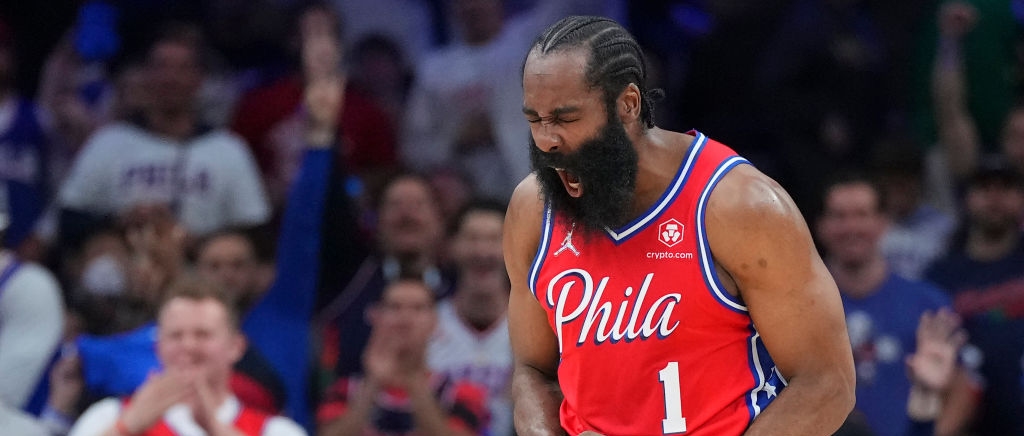
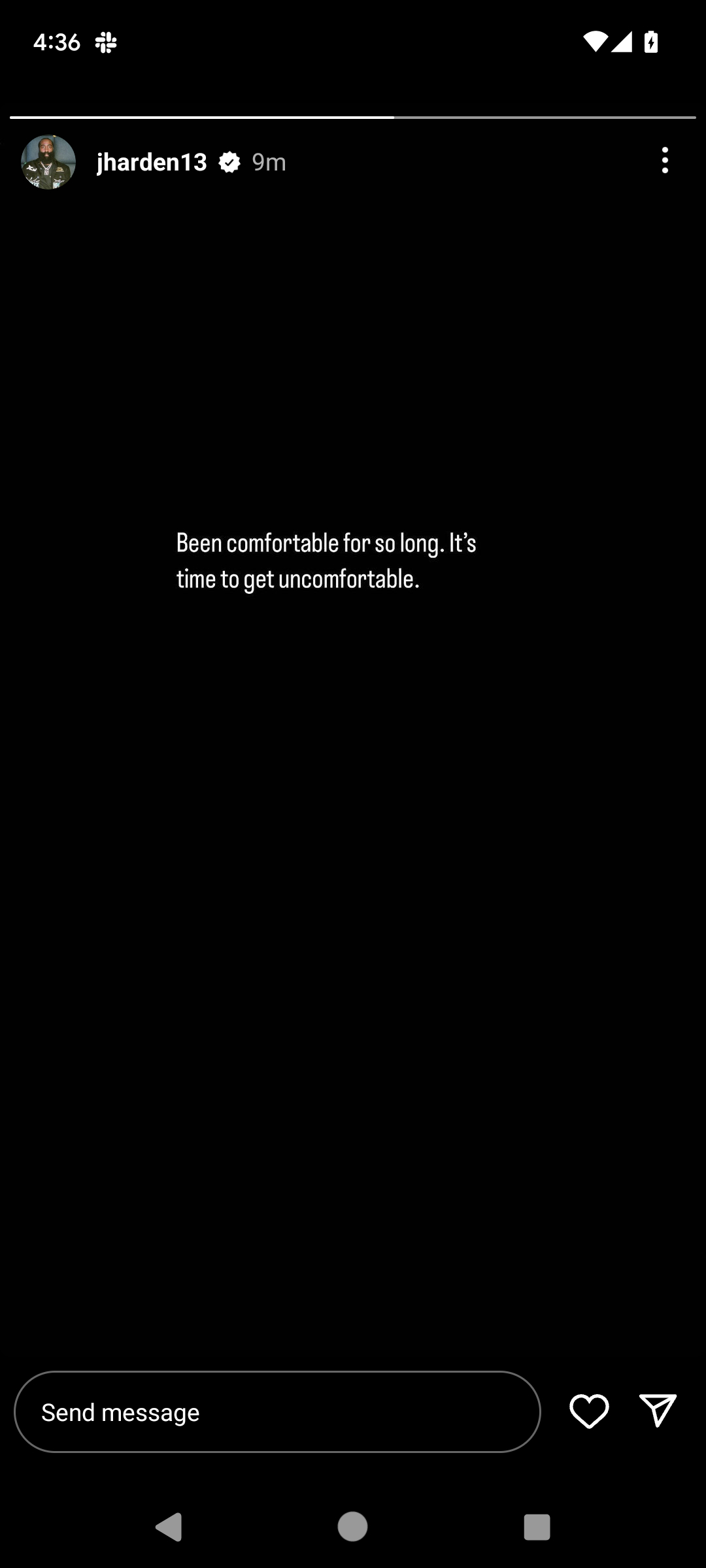


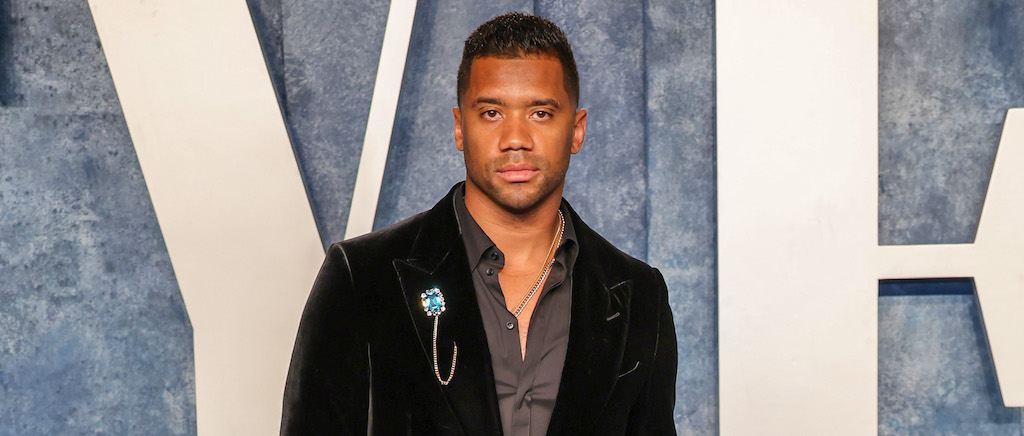

 (@xogabbyelle_)
(@xogabbyelle_) 
 (@Fiyasohollywood)
(@Fiyasohollywood)  (@HeyAprill)
(@HeyAprill) 